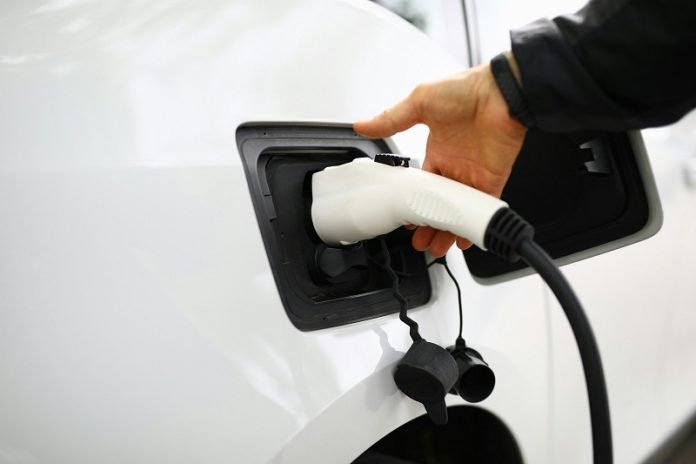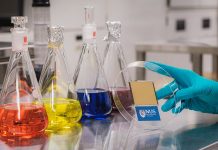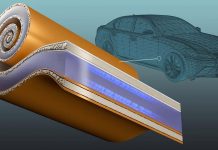
Electric cars are the future of transportation, but powering them in an eco-friendly way is a challenge.
The batteries that fuel these vehicles usually need cobalt, a metal that’s not only rare and costly but also comes with environmental and ethical issues.
However, a promising discovery by scientists from Japan and France is paving the way for electric vehicle batteries that don’t rely on cobalt at all.
They’ve developed a new type of battery material based on nickel, which could make batteries safer for the planet and easier on our wallets.
The heart of the matter lies in the batteries that power our gadgets and electric cars: lithium-ion batteries.
These batteries work by moving lithium ions between two electrodes, with the positive electrode typically made from lithium cobalt oxide.
This substance is great for battery performance but not so great for the environment or human rights, due to the problematic ways cobalt is mined and the limited supplies of the metal.
Recognizing these issues, the research team set out to find an alternative.
They turned their attention to lithium nickel oxide, a compound that’s structurally similar to the cobalt-based material but has its own set of challenges, including instability and a tendency to lose power over time.
To tackle these problems, the team explored adding different metals to the nickel-based material to stabilize it, a strategy that has been partially successful in the past. However, even these improved materials often required some cobalt, which the researchers aimed to completely eliminate.
Delving into the science of how batteries work, the team focused on the issue of nickel ions moving around in ways that reduced the battery’s effectiveness. Earlier research suggested that adding tungsten to the mix could help, but tungsten is both heavy and pricey.
So, the researchers tried something new: they experimented with phosphorous, a lighter and more abundant element, to see if it could do the job.
Their experiments were a success. They discovered that by integrating tiny particles of lithium phosphate into the nickel oxide, they could prevent the problematic movement of nickel ions.
This breakthrough led to the development of a special lithium nickel oxide material that didn’t need cobalt at all. Even better, they found a way to make this material using a straightforward and inexpensive method.
This new material represents a significant step forward in battery technology. It offers the promise of high-performing, cobalt-free batteries for electric vehicles, making them more environmentally friendly and potentially cheaper to produce.
Looking ahead, the researchers are not stopping here. They’re already thinking about the next big thing: batteries that don’t need nickel either. If successful, this future research could lead to even greener and more sustainable battery technologies.
In short, the development of cobalt-free nickel-based batteries marks a major advancement in our quest for sustainable energy solutions.
It opens the door to cleaner, more responsible electric vehicles and a future where our technological advancements harmonize with the health of our planet.



